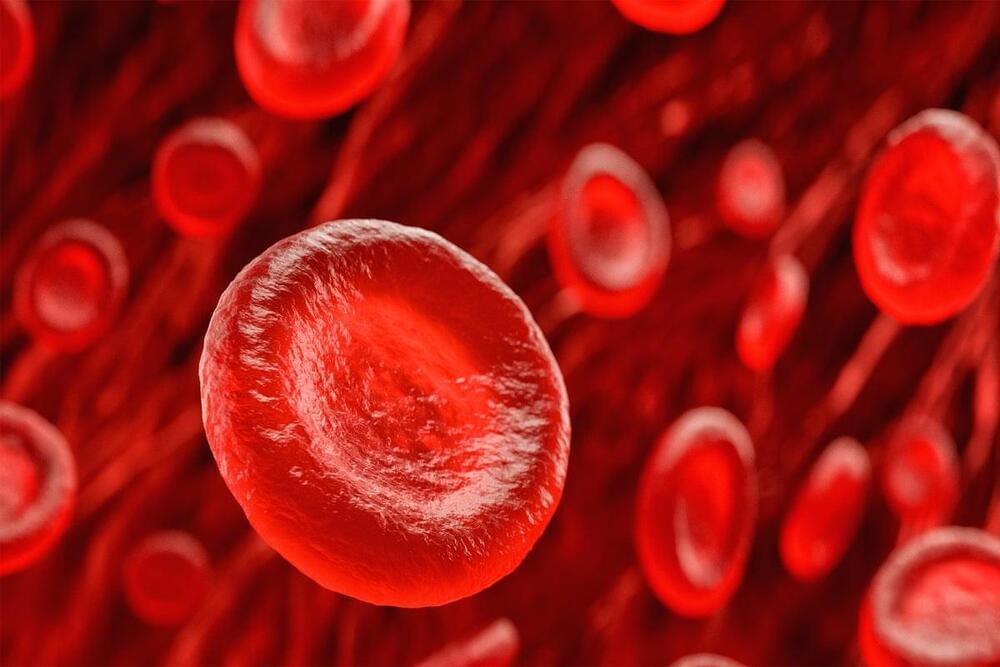The cost of new gene-based sickle cell treatments isn’t the only barrier to access. Coming up with new ways to treat the whole disease—and person—could make treatment more equitable.
Last fall, to great fanfare, US regulators approved two gene therapies for sickle cell disease, and the European Union and UK soon followed. Many people hope that these treatments will provide a “functional cure” for the genetic condition, which causes rigid, misshapen red blood cells that lead to anemia, episodes of extreme pain, blood vessel and organ damage, stroke risk and lower life expectancy. These sickle cell therapies also bring us closer to an age of “CRISPR medicine” in which new gene-editing tools could be used to fix a range of debilitating genetic diseases, including Duchenne muscular dystrophy and cancer.










Leave a reply